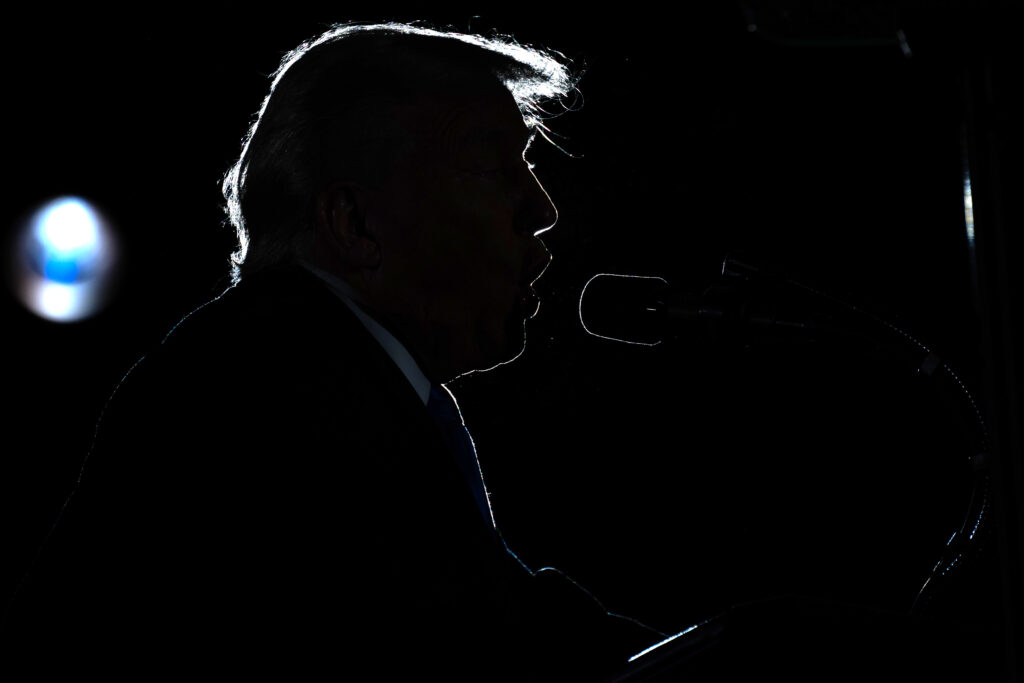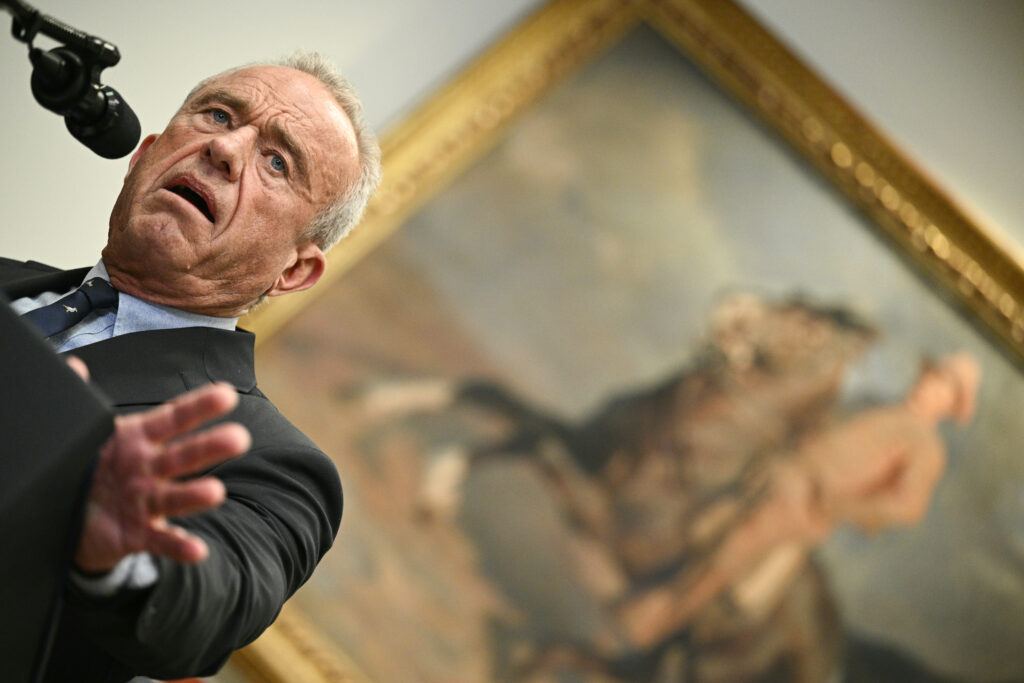European military mission in Greenland as US aim ‘remains intact’
A European military mission was taking shape in Greenland on Thursday, drawing a sharp rebuke from Russia, as Denmark said Washington still aimed to take control of the mineral-rich Arctic island.Greenland’s Prime Minister Jens-Frederik Nielsen insisted meanwhile that “dialogue and diplomacy are the right way forward”, hailing in a Facebook post the fact that a dialogue was now “underway”.The developments came a day after a White House meeting failed to resolve “fundamental disagreement” over Greenland, an autonomous Danish territory that President Donald Trump insists the United States needs to ensure its security.Two Danish troop transport planes landed in Greenland on Wednesday.Britain, Finland, France, Germany, the Netherlands, Norway and Sweden have also announced the deployment of military personnel as part of a reconnaissance mission to Greenland’s capital Nuuk, under Denmark’s “Arctic Endurance” exercise organised with NATO allies.The modest military reinforcements — 13 soldiers from Germany, for example — are meant to prepare armed forces for future exercises in the Arctic, according to European defence sources.”A first team of French service members is already on site and will be reinforced in the coming days with land, air, and maritime assets,” French President Emmanuel Macron said Thursday.Germany’s defence ministry said the aim was to “explore the framework conditions for possible military contributions to support Denmark in ensuring security in the region”.- ‘NATO consensus’ -The foreign ministers of Denmark and Greenland met with US Vice President JD Vance and Secretary of State Marco Rubio in Washington on Wednesday.Danish Prime Minister Mette Frederiksen said in a statement Thursday that “a working group” was being set up to discuss how Arctic security could be improved.”However, this does not change the fact that there is a fundamental disagreement, because the American ambition to take over Greenland remains intact,” Frederiksen said, hailing the arrival of European military personnel in Greenland.”There is consensus within the NATO alliance that a strengthened presence in the Arctic is crucial for European and North American security,” she said.Trump has argued that if the United States does not take Greenland, “China or Russia will”, deriding Danish efforts to increase security for Greenland as amounting to “two dogsleds”.Denmark says it has invested almost $14 billion in Arctic security.The Russian embassy in Belgium, where NATO is headquartered, said the arrival of NATO forces to Greenland was concerning.”The situation unfolding in the high latitudes is of serious concern to us,” the embassy said in a statement late Wednesday.NATO is “building up its military presence there under the false pretext of a growing threat from Moscow and Beijing”, it added. – ‘Frightening’ -On the streets of Nuuk, where red and white Greenlandic flags fly in shop windows, on apartment balconies and on cars and buses in a show of national unity, some residents have described anxiety over the geopolitical tensions.”It’s very frightening because it’s such a big thing,” said Vera Stidsen, a 51-year-old teacher.”I hope that in the future we can continue to live as we have until now: in peace and without being disturbed,” she told AFP.After attending the White House talks, Denmark’s Foreign Minister Lars Lokke Rasmussen posted Thursday on Facebook that “We agree on the objective: enhancing long term security in the Arctic. But we disagree on the method.””This is 2026 — you can trade with people, but you don’t trade people.”After the meeting, Trump for the first time sounded conciliatory on Greenland, acknowledging Denmark’s interests even if he again said he was not ruling out any options.”I think something will work out,” Trump said.Trump has insisted Greenland is “vital” for his planned “Golden Dome” air and missile defence system, as it lies on the shortest route for missiles between Russia and the United States.





